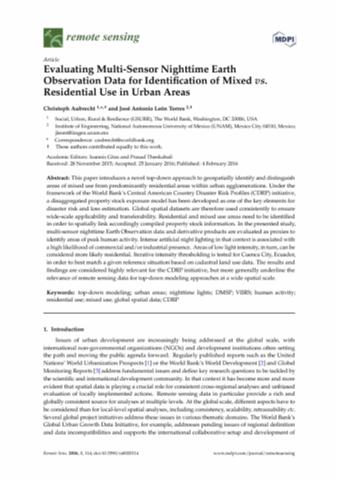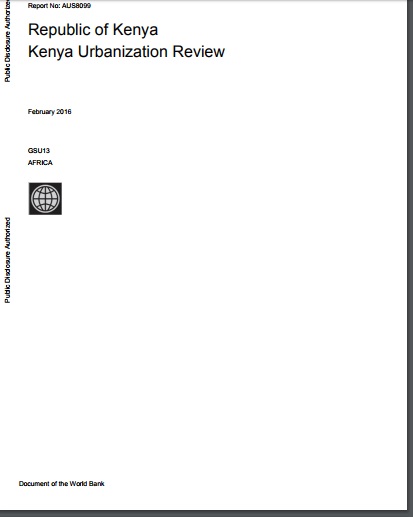Improving Food Security in Arab Countries
This joint working paper lays out a
rationale and strategic framework for improving food
security and managing food-price shocks in the Arab
countries. The paper does not provide country specific
policy and project recommendations. Such recommendations
will follow from the country by country application of the
framework, taking into account each country's political
and cultural preferences, resource endowments, and risk




